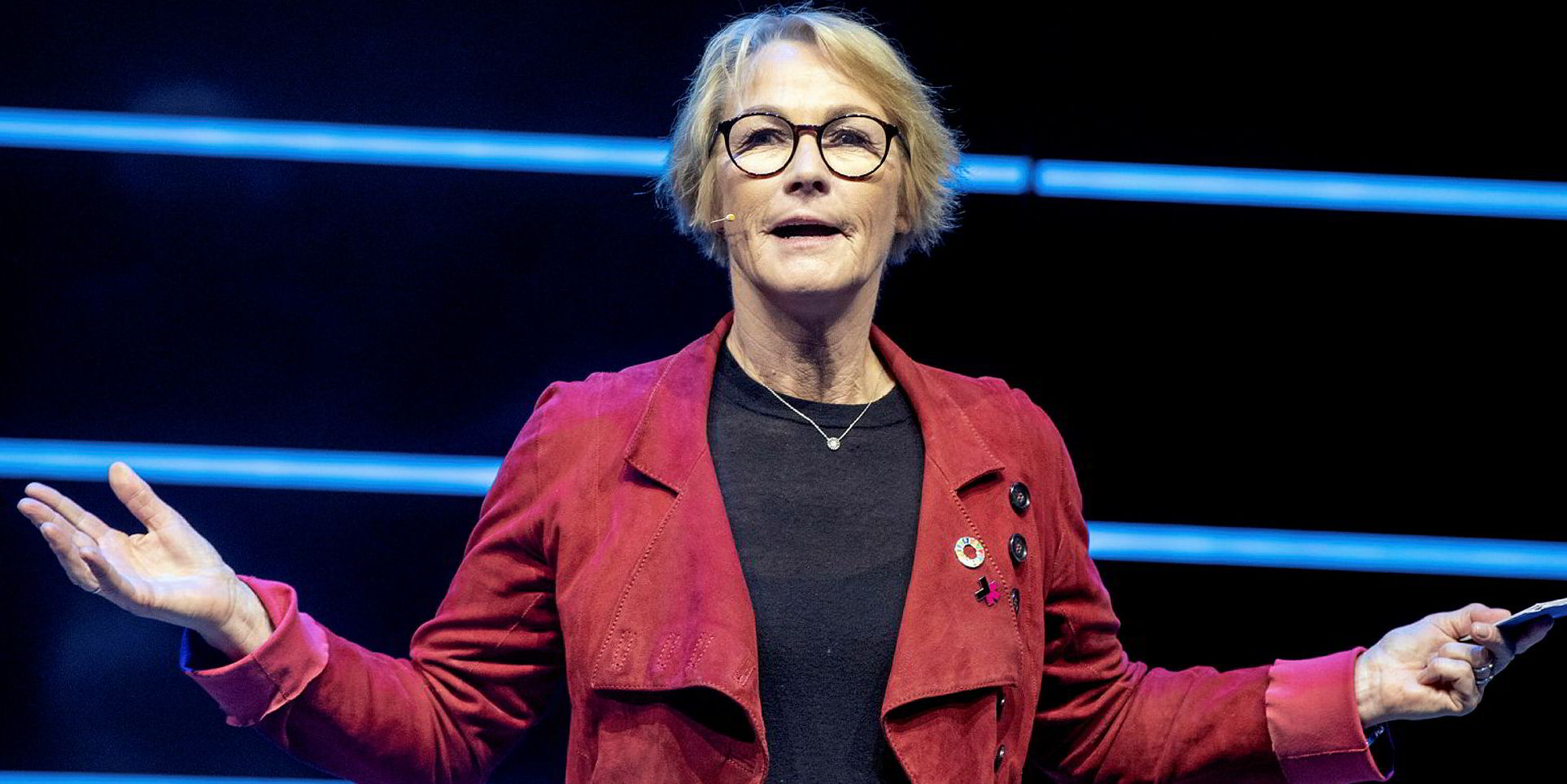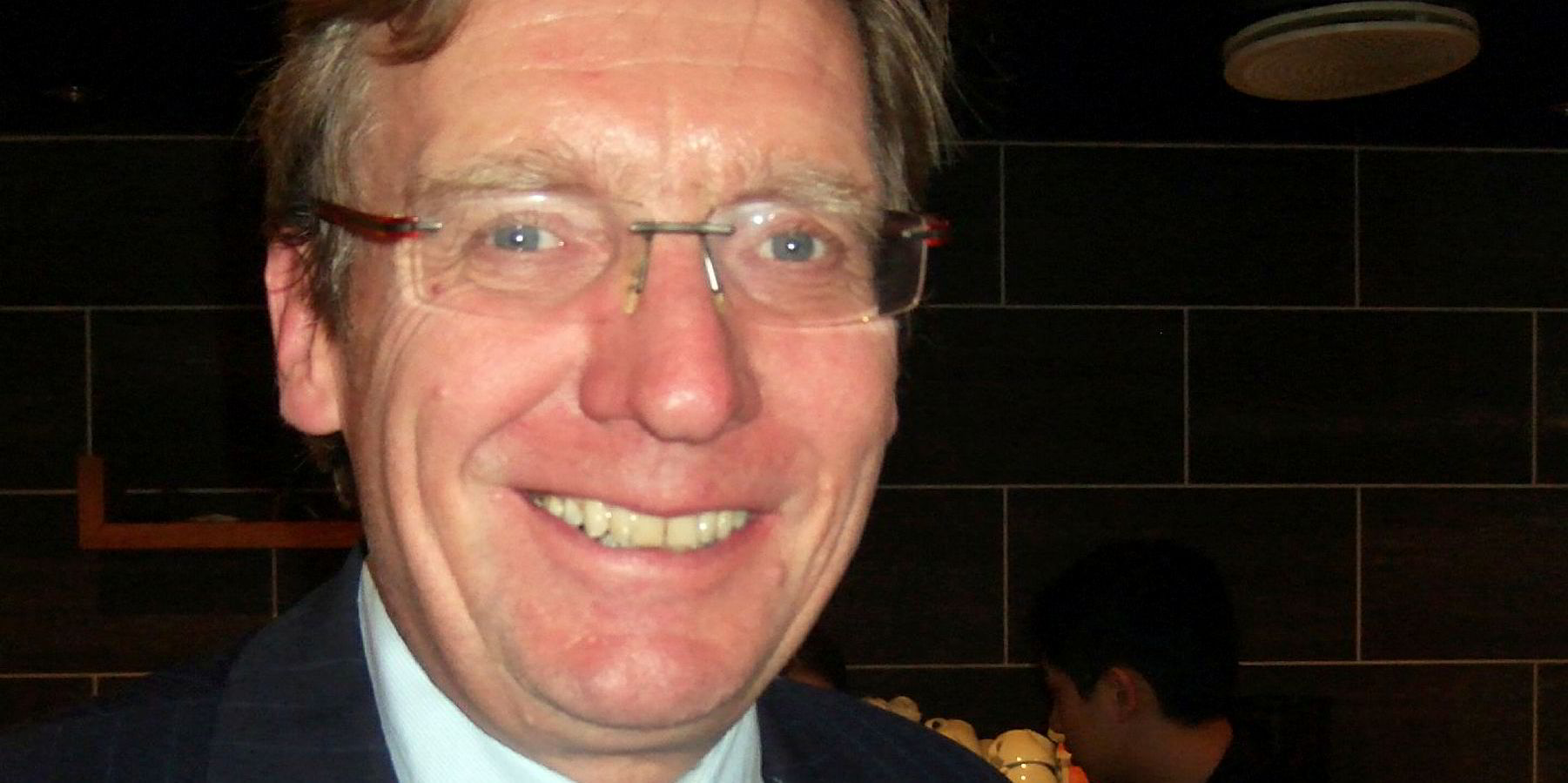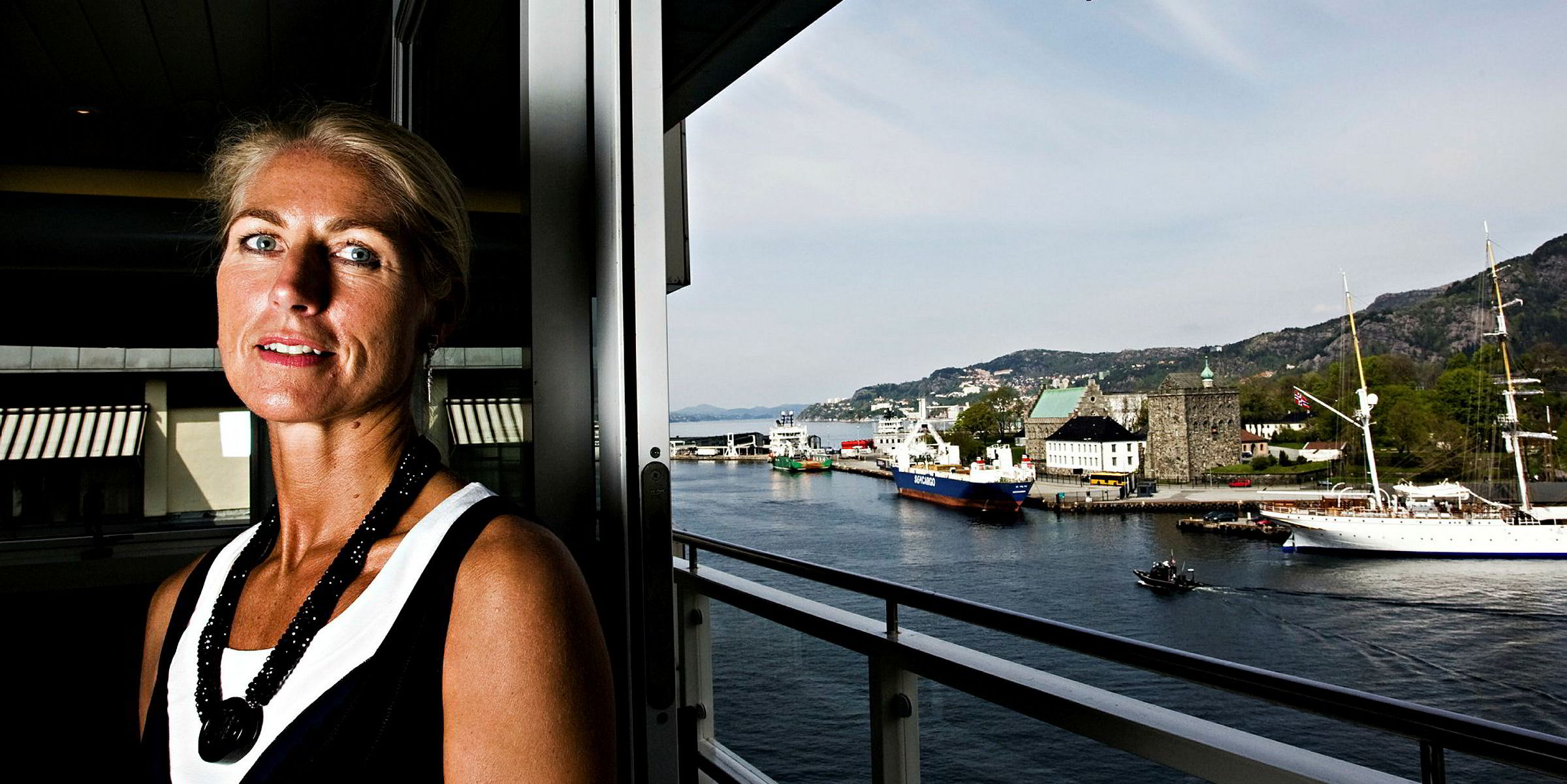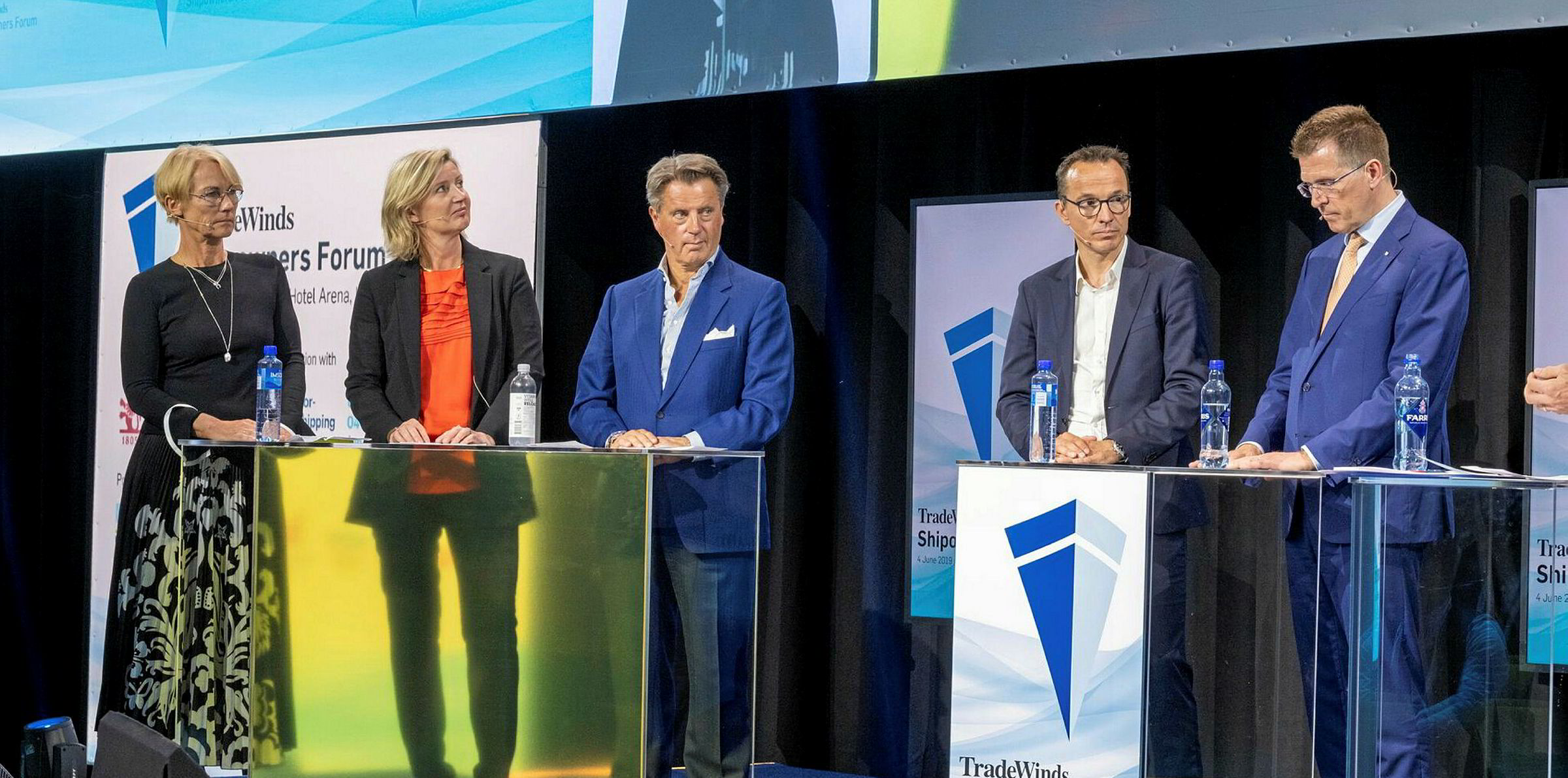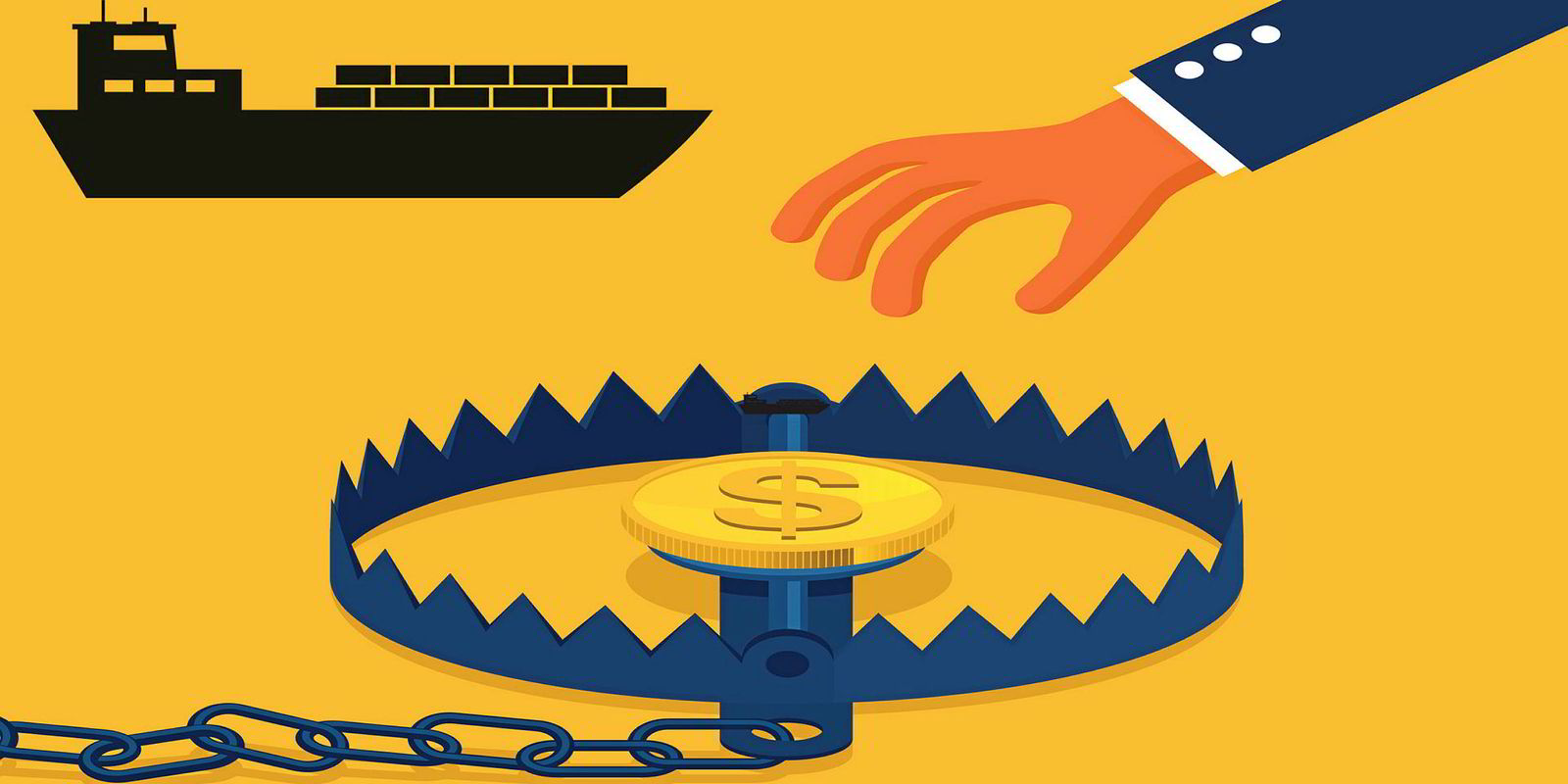Elisabeth Grieg and her family in Norway’s Grieg Group have walked the walk, as well as talked the talk, about social values in shipping for much longer than most, setting the agenda that many are just beginning to follow.
And they have shown how those values can be a design for success in a major shipowning concern.
Grieg, who is in her 60s, defines those values as open, solid, proud and committed, with 25% of the company owned by the Grieg Foundation. The foundation, set up in 2002, contributes the same percentage of group profits to a wide range of activities, globally and in Norway, to benefit children and young people.
As well as Elisabeth, the foundation’s directors include Elna-Kathrine Grieg, Per Grieg senior, Per Hagelien, Benedicte Grieg and Nicolai Grieg. Camilla Grieg, chair of the group’s leading open hatch bulker unit Grieg Star, is not represented. She is probably too busy.
Grieg Group has committed to United Nations sustainable development goals on restoring oceans and climate action, along the way taking a lead on cleaning up corruption in shipping, green recycling, decarbonisation and most recently joining an alliance of companies owning 7,000 vessels calling for international action on the crew change crisis.
Last year, Grieg Star joined the Zero Emissions Energy Distribution at Sea ammonia bunker project with Wartsila, Kvaerner, DFDS, Aker Solutions and Equinor. It also took a hit on scrapping under the European Union Ship Recycling Regulation by accepting prices of about $250 per ldt, rather than $425, to demolish a bulker in Turkey instead of on the Indian subcontinent.
The group is no tinpot operator able to indulge an owner’s whims. Its G2 Ocean joint venture, set up in 2017, with Gearbulk holding 65% and Grieg Star 35%, is one of the largest deepsea breakbulk carriers in the world, with a fleet of about 130 vessels.
‘Change is a constant’
Elisabeth Grieg told Nor-Shipping the same year: “Change has been a constant in our industry for decades, and those that survive are those that see that change happen and act before it is too late.”
Five years earlier, she and the group stepped forward as a vocal representative for the Maritime Anti-Corruption Network when she pronounced the issue, along with climate change, to be the two most important challenges facing the industry.
She admitted a few years ago to TW+ that it is not easy trying to tackle socio-economic problems wider than the company’s business remit, but said: “I strongly believe it is part of how we do our business, that we are part of a bigger picture, and we have to make sure we do what we are able to develop our industry as well as the communities that are around us to allow them to prosper.”
Corruption, she says, is one of the barriers to ending poverty, and although it would be nice to see legislation enforced on a worldwide basis, history shows that is hard to achieve.
“I am too impatient. Someone has to go first, to build this best practice, to show it is possible and then share it and get as many involved as possible.
“Let’s not wait until we get everyone on board, because then we would never do anything. We have to believe in ourselves.”
Grieg, like others in her family, likes to quote her father, Per, who said: “What matters are the footprints we leave as we go along. Footprints that give people less fortunate than us an opportunity to develop and move on in their lives.”
At a Women’s International Shipping & Trading Association conference in 2018, she added with a flourish: “This is no bulls**t!” It sums up the Griegs’ passionate belief in the values they hold. More people in shipping are now realising those values need to be part of their agenda too.
